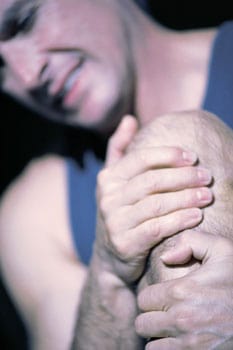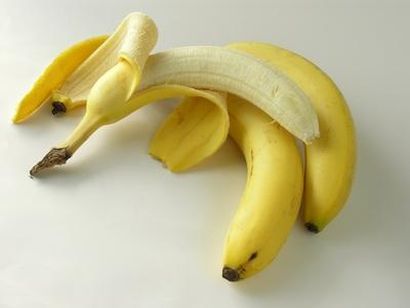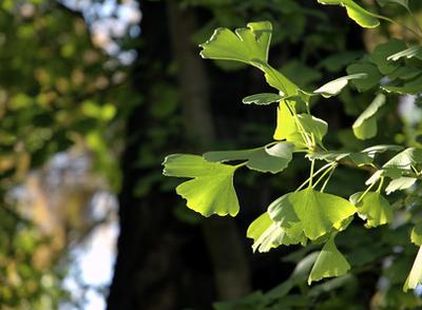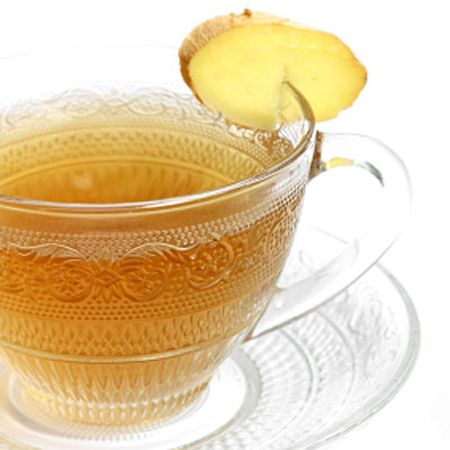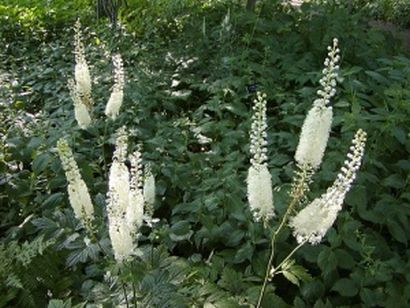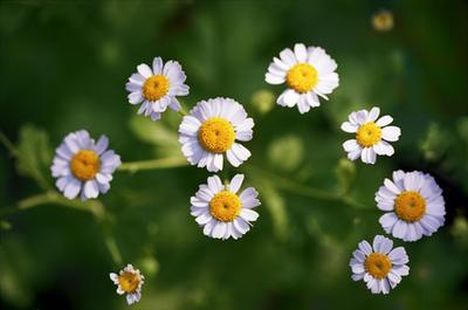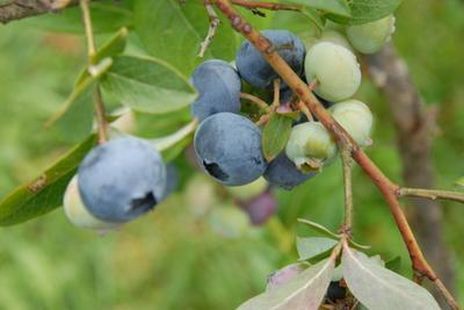Any individual can experience muscular cramps anytime. Muscular cramps or muscular twitches are of common occurrence that can arise from a number of conditions. Over exertion of the muscles, dehydration and electrolytic and hormonal imbalances are some of the factors that often cause muscle cramps. Women experience menstrual cramps (cramps of the uterine muscles) during their periods. Nocturnal muscular cramps are very common in pregnant women. Muscular cramps in the leg, caused due to dehydration are prevalent among the sportsmen. The relieving fact is that muscular cramps do not lead to serious health hazards, and these can be treated through self care at home. Some commonly available herbs can provide a quick relief from muscular cramps if applied in a proper manner.
Try the following effective herbal remedies whenever you go through muscular cramps and you will be amazed by the results
1. Have enough bananas
This common breakfast fruit can be of immense help in preventing and treating muscular cramps. Muscle cramps are often caused due to potassium imbalance in our body. Like sodium, potassium also plays an important role in generating electric impulses of the muscles and nerves. A sudden drop in potassium levels in the blood can give rise to muscular cramps. Regular intake of bananas helps to maintain the normal potassium balance of the cells and tissues. You can have 2-3 bananas a day to treat muscular cramps arising from diarrhea. There is no need to worry about the calorie intake as bananas are widely known for their multiple health benefits. It is wise to opt for bananas than taking potassium supplements. Excessive intake of potassium supplements may often lead to a dangerous condition called Hyperkalemia (high potassium concentration in blood).
2. Treatment with Ginkgo Biloba
Occasionally, poor oxygen supply to the muscles gives rise to muscular cramps. Improper blood circulation is responsible for this condition. The herb, Ginkgo Biloba helps in relieving the muscle cramps by improving the blood circulation of the cramped area. It reduces the stickiness of the blood enhancing the blood flow throughout the body. It also dilates the blood vessels allowing more space for free blood circulation. As the oxygen supply increases with improved blood circulation, the pain due to muscular cramps subsides gradually. You can prepare an infusion of Ginkgo Biloba leaves and have it once or twice a day. Often, herbalists recommend Ginkgo Biloba supplements to alleviate pain due to muscular cramps.
3. Drink ginger tea
This herb from your kitchen shelf can produce miraculous results in treating muscular cramps. The essential oils and potential chemicals present in this herb improve the blood circulation and ease your muscle cramps. The antispasmodic and analgesic properties of this herb are no less effective than the commonly used pain killer ibuprofen. Take two tablespoons of fresh ginger root and steep in hot water for 10-15 minutes. Strain the liquid and drink it. You can add few drops of lime or honey to enhance the flavor. Drink few cups of ginger tea to get relief from the muscular cramps. This is also very useful in treating uterine cramps during periods. Ginger capsules are also used to treat this condition. Else you can chew ginger candies.
4. Treatment with Black Cohosh
This is another herb used to treat aches and pains arising from muscle cramps. The potent ingredient present in this herb is salicylic acid, known for its anti inflammatory property. The presence of glycosides, isoflavones, tannins, aromatic and fatty acids, resins and starches also makes it useful in treating pains caused by stiffness, nerve pull or muscle contraction. This herb is primarily used to treat uterine cramps during the periods. Black Cohosh capsules are used to treat other muscle cramps. Add one 500mg capsule of the powdered root in warm water and take it 2- 3 times a day whenever you experience cramps. You can also add 40-50 drops of Black Cohosh tincture to a glass of water and drink it.
5. Treatment with Chamomile
The herb, Chamomile is a well known muscle relaxant often used to treat muscle cramps. The antispasmodic effect of this herb is attributed to the presence of higher amounts of glycine, an essential amino acid which helps in relaxing the cramped muscles. Tea prepared from fresh or powdered Chamomile flowers soothes the muscles and eases out the cramps. Boil a cup of water and add few fresh chamomile flowers in it. Leave it for some time and drink it after straining the liquid.You can also use oil from German and Roman Chamomile to treat muscle cramps. Gently massage the cramped areas with Chamomile oil to bring quick relief. Else you can add few drops of the Chamomile to your tea and have it.
6. Try Bilberry fruits
The use of Bilberry fruits is not limited in preparing jams and pies, but is also used in treating muscle cramps. Anthocyanosides, present in Bilberries help in strengthening the blood vessels and relaxing the muscles. It improves the blood circulation in the limbs and helps in easing the muscular cramps. This herb is also useful in reducing inflammations. Have a handful of berries twice a day to treat muscle cramps. Bilberry capsules are also available, but these should be taken in recommended doses. You can also prepare a decoction from dried Bilberry fruits or leaves and have it 2-3 times a day.
Conclusion
Certain lifestyle changes are absolutely necessary to put an end to the muscle cramps. Inactive and overweight people are prone to such cramps. Remain physically active. Practice stretching and other light weight exercises to keep your muscles toned. Drink plenty of fluids to prevent dehydration. Extra fluid intake is recommended during pregnancy in order to prevent nocturnal muscle cramps. Athletes and sportsmen should take special care in maintaining the electrolytic balance of their body. Devote 10-15 minutes in warming up before starting your regular exercises. Wear the right type of footwear while running. Never wear tight fitting clothes as they may restrict your normal blood circulation.


